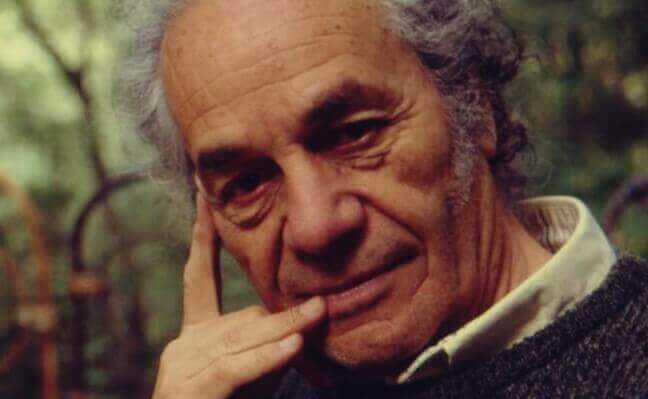Nicanor Parra’s phrases do not bring us the thought of a poet, but of an anti-poet, as he said to himself, he was a man who lived more than a century in the world of letters, and who never ceased to amaze. us with his particular way of seeing the world and expressing himself.
The antipoeta was born on September 5, 1914 in San Fabián de Alico, Chile, the son of a musician, also a schoolteacher, seamstress and weaver of peasant origin, since childhood she is strongly encouraged to learn popular art. The parents also gave him a strong social conscience, which was reflected in many sentences written by Nicanor Parra.
- “Neither too smart nor stupid.
- I was what it was: a mixture of vinegar and oil.
- An angel and a beast with inlays!?.
- -Nicanor Parra-.
She won the National Prize for Literature in 1969, the Reina Sofía Prize for Poetry in 2002 and the Cervantes Prize in 2011. He was one of the eternal candidates for the Nobel Prize in Literature, but did not receive it. He died at the age of 103, surrounded by all the affection of his readers. Here are some of Nicanor Parra’s most famous phrases.
Antipoesis is characterized by a break with traditional poetry. He talks about different subjects, with non-traditional linguistic structures. It’s a chain of intentions to show that poetry doesn’t always have to be done with complex language games.
Nicanor Parra’s phrases are also an expression of these antivers and antipoesia. This is one of them: “We have two loaves. You eat two. I don’t like them. Average consumption: one bread per person?. It evokes, with irony and humor, the contradictions of statistics applied to the social.
One of the aspects most explored by Nicanor Parra in its antipoesia is that of absurdity, perfectly evident in many of its antithematics and in its phrases, this, for example, refers to a wonderful absurdity: “Response of the oracle”. : do anything, you will regret it. “
It is a beautiful and subtle way of saying that, unfortunately, whatever happens or how we act, there will always be something imperfect, something flawed to some extent, doing something always means not doing anything else instead, this, one way or another, almost always leads to some repentance.
Here is a beautiful verse that has become one of Nicanor Parra’s most popular and famous phrases. He said, “Flowers flying in the moonlight, I apologize to the four winds, but I do not plead guilty. “Flowers stolen in the dark are made of light and are not forgiven.
The interesting thing about this sentence is the second statement: that anyone who asks for forgiveness still cannot plead guilty. It’s a good way to say that even if you’ve caused harm, there’s not necessarily guilt or regret for what’s been done. A statement to those who act with conviction, aware that ultimately their actions can affect others unexpectedly.
The political theme is recurrent in the antipoesia of Nicanor Parra, who is not exactly the defender of any cause, but he could be called a denouncer of the contradictions of power, his mood is of anarchist origin: neither from the right nor from the left. , but on the side of the human being and of reason.
Another of Nicanor Parra’s great phrases tells us this: “We think we are a country, but the truth is that we are just a landscape. “This statement is a clear manifestation of rejection of man-made political-administrative concepts. naturally does not delimit countries, that is what men do. And actually, there’s only landscape.
An antipoeta also reflects on his texts on what poetry is made of and what poetry is made of. One of the definitions of the poet’s role is wonderfully expressed in this sentence: “The poet does not keep his word if he does not change the name of things. “
This means that poetry is, above all, to rename the world and reality, to rename physical and mental objects. In other words, to say things in a way that has not yet been said by anyone, to renew our vision of what already exists.
These are just some of the wonderful phrases of Nicanor Parra, the antitype, that his departure felt in his land and around the world several people lamented his departure, but the testimony of a man who has made his word a true tool of criticism and creation. remains for later.

